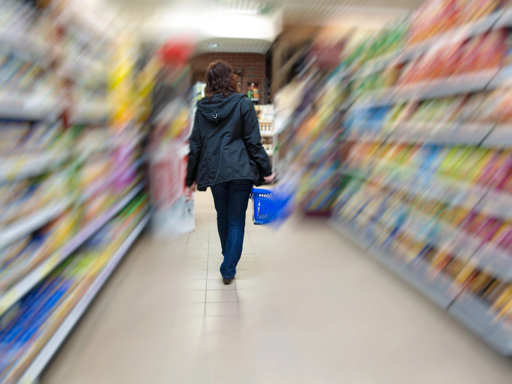Food price increases driven by inflation were not isolated to Canada, but other countries handled this issue very differently.
Bester said the way the Mexican government handled major grocers in their country was more direct, and prevented prices on groceries from increasing as drastically as they did in Canada.
Last year, Mexico’s government signed an agreement to control the price of a number of “basic” foods — 24 items in the “bread basket” including pasteurised whole milk, basic cornflour, packaged bread, whole chicken, rice, vegetable oil, and canned sardines, set at a maximum price to 910 pesos (about $60CAN). Major retailers, including Walmart, agreed to the terms.
“The government really took more of a carrot and a stick approach to freezing the prices of a basket of goods, bringing grocers in and saying, basically, ‘this is the way it’s going to be,’” Bester said.
Macdonald noted that the UK also approached grocery price increases differently than Canada.
“They brought the big grocery stores together to offer sort of a set of basic products at lower prices for a kind of house brand,” Macdonald said. “You’ve got the cheap bread for a certain set amount, the cheap eggs for a certain set amount, that sort of thing.”
In 2023, Canada’s big grocery chains exceeded $6 billion in profits — an increase of eight per cent from the previous year, according to the Centre for Future Work. The data found food retailers are now making more than twice as much profit as they did before the COVID-19 pandemic.



that last bit really says it all:
This is why shoplifting doesn’t exist. If the stores can pick your pockets, you can take from them too.